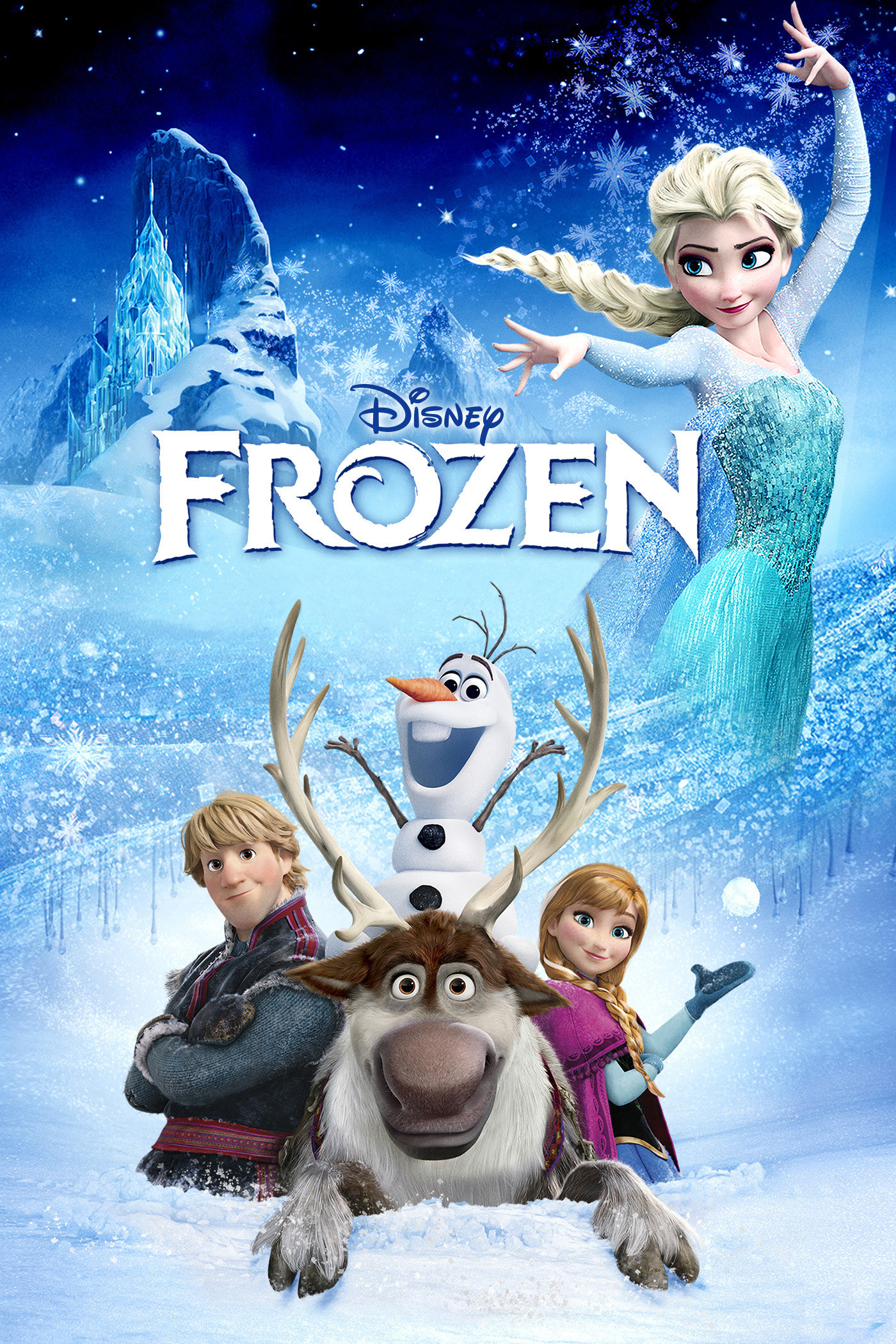
The morning after Pinocchio is brought to life, two strangers convince him to skip school and sell him to Stromboli, a puppet master who threatens to chop the boy into firewood if he doesn't perform for him in a life of servitude.
Recent disney movies movie#
If you haven't watched 1940's "Pinocchio" in a while, you might mainly remember the movie for its lovable titular puppet and the song "When You Wish Upon a Star." But you may have forgotten the story's darker, more disturbing elements, particularly the sheer amount of child trafficking that takes place. Walt Disney Productions/RKO Radio Pictures Pinocchio essentially becomes a child slave. "In an effort neither to offend audiences in the North or South, the production helps to perpetuate a dangerously glorified picture of slavery … unfortunately gives the impression of an idyllic master-slave relationship, which is a distortion of the facts," the NAACP said in a 1946 statement. The movie's rosy portrait of slavery and racial relations in the South immediately drew criticism at the time of the film's release. "Song of the South" is set on a 19th-century southern plantation and follows Uncle Remus (James Baskett), a black former slave who lives happily on his former white master's plantation. You might be familiar with the Disney theme park ride "Splash Mountain" or the song "Zip-a-Dee-Doo-Dah." But if you're unfamiliar with "Song of the South," the 1946 Disney movie that they come from, you're not alone - it's been locked away in the Disney Vault for decades, and is considered the company's most offensive release. "Song of the South" remains locked inside the Disney Vault. The 2019 live-action remake of the film also excludes both of these elements, opting to focus on a newly introduced family of circus workers (led by Colin Farrell). On Disney Plus, Disney has since added a disclaimer to "Dumbo" that said the movie contains racist stereotypes. "Dumbo" also includes a song called "Song of the Roustabouts," in which faceless black circus "workers" sing offensive lyrics like "We slave until we're almost dead / We're happy-hearted roustabouts" and "Keep on working / Stop that shirking / Pull that rope, you hairy ape." The character Jim Crow was also troublingly voiced by a white actor (Cliff Edwards). Today, many believe the crows to be racist caricatures of black Americans for their use of "jive talk." The lead crow is even named Jim Crow in an obvious reference to the racist Southern segregation laws that lasted until the mid-1960s. In 1941's "Dumbo," the elephant encounters a pack of crows who are some of the only characters who are friendly towards him in the movie. The crows from "Dumbo" sing the song "When I See An Elephant Fly." In this film, she kisses an unconscious Aurora on the cheek, and her maternal love for the girl is what causes her to wake up from the curse. The 2014 film "Maleficent," which is told from the villain's point of view, attempts to resolve the problematic scene by focusing on the untold story of Maleficent's eventual bond with Aurora.

In this iteration of the story, a king rapes and impregnates the sleeping princess, then marries her after she wakes up.

"Sleeping Beauty" is actually derived from a darker Italian fairytale by Giambattista Basile called "Sun, Moon, and Talia," which is based on a folk tale dating back to the 14th century. In order to wake Princess Aurora from the eternal sleeping curse that the villainous Maleficent's spinning wheel has placed her under, Prince Phillip gives Princess Aurora "true love's kiss." Much like "Snow White and the Seven Dwarfs," the 1959 film "Sleeping Beauty" also includes a pivotal scene where a man kisses an unconscious woman. In "Sleeping Beauty," Prince Phillip kisses Princess Aurora to wake her from her eternal slumber. Account icon An icon in the shape of a person's head and shoulders.


 0 kommentar(er)
0 kommentar(er)
